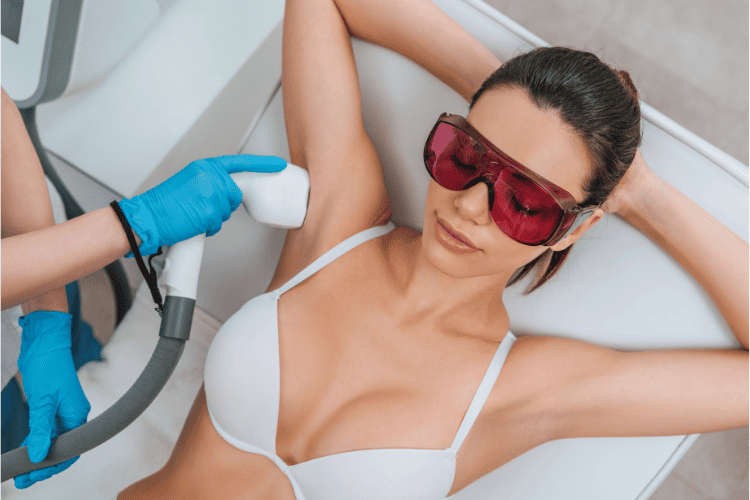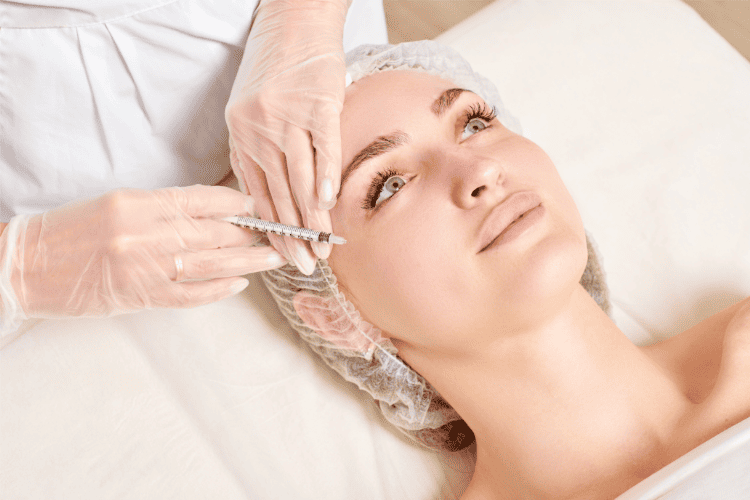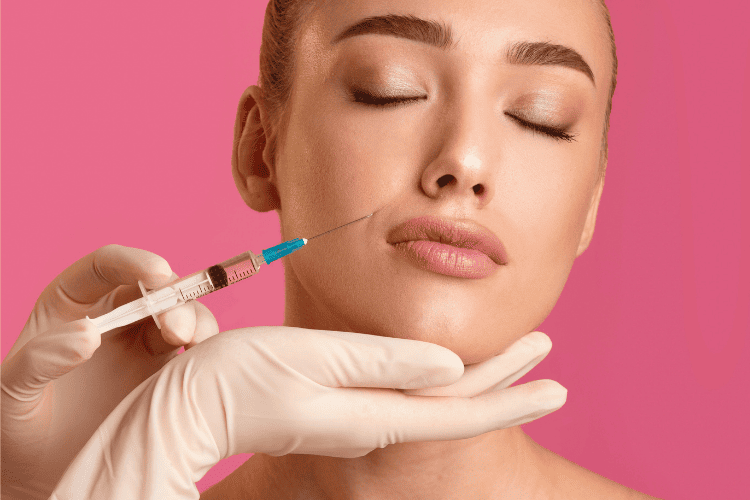What Makes a Medical Spa ‘Medical’? Licensing, Safety & Standards Explained
In recent years, medical spas in Sarasota and across the nation have seen a surge in popularity as go-to destinations for advanced aesthetic treatments.
But what truly sets a med spa apart from a traditional day spa or even a beauty salon? Is it just a fancier name, or is there a fundamental difference?
Read on as we clarify precisely what makes a medical spa "medical" and, more importantly, why understanding these distinctions directly impacts your safety, the quality of your results, and even your peace of mind.
The Definition of a Medical Spa
A medical spa, or med spa, is a hybrid destination that combines the relaxing ambiance and advanced aesthetic services of a traditional spa with the medical expertise and oversight of a clinical setting. Unlike a day spa, which might offer massages, basic facials, and nail services, a medical spa provides treatments that have medical implications and, in many cases, carry inherent risks if not performed correctly. The key difference between the two is the presence of medical oversight. Common med spa services that require medical supervision include:- Botox and other neurotoxins
- Dermal fillers
- Laser treatments
- Microneedling with PRP (Platelet-Rich Plasma)
- Chemical peels
Medical Oversight: Who Must Be Involved?
In most U.S. states, there is a legal requirement for a physician to either own the medical spa or provide direct supervision. Understanding the roles of the various professionals you might encounter in a medical spa is helpful:- Medical Director - Often a board-certified physician, like a dermatologist or plastic surgeon. The Medical Director holds ultimate responsibility for all medical procedures performed at the spa, overseeing protocols, training, and patient safety.
- Nurse Practitioners (NPs), Physician Assistants (PAs), and Registered Nurses (RNs) - These highly trained medical professionals frequently administer injectables and perform laser procedures under the supervision of the Medical Director, following established medical protocols.
- Licensed Estheticians - Estheticians are skilled in non-invasive skin treatments like facials, superficial chemical peels, and microdermabrasion. In a med spa setting, they work under medical guidance.
Licensing and Legal Requirements
State regulations govern the licensing for both the facility itself and the personnel who perform procedures. Because most medical aesthetic procedures are considered the "practice of medicine," they mandate performance by licensed medical professionals. This means that only doctors, nurses, and physician assistants (within their scope of practice) are legally permitted to administer treatments like injectables or laser therapies. Beyond individual practitioner licenses, the facility itself may also need a specific license or certification as a healthcare setting. These healthcare facility licenses often involve rigorous inspections to confirm compliance with sanitation, safety, and operational standards. For patients, a simple online search can confirm that your chosen provider and the supervising physician hold active, unblemished licenses.Training and Certification Standards
Holding a medical license is the first step, but performing aesthetic procedures safely and effectively requires specialized training. Medical professionals must undergo additional, specific education and hands-on training to competently perform aesthetic procedures. Look for providers with certifications in specific areas like injectables, laser safety, and advanced skin rejuvenation techniques. These certifications demonstrate a commitment to staying current with the latest techniques, technologies, and safety protocols. Patient outcomes and safety are directly dependent on advanced provider training, not just technology. Even the most cutting-edge laser or filler product can yield poor or even dangerous results in untrained hands. A highly trained provider understands facial anatomy, how different products interact with tissues, and how to manage potential complications.Safety Protocols in a Medical Spa Setting
Want to know how to choose a safe med spa? A legitimate medical spa operates with a heightened level of safety protocols that exceed those of typical salons or spas, including:- Pre-treatment medical assessment - Before any procedure, a thorough medical history is taken to identify contraindications or potential risks, personalize treatment, and avoid adverse reactions.
- Informed consent - Patients receive detailed information about the procedure, including benefits, risks, alternatives, and expected outcomes, and provide written consent.
- Sterilization techniques - Injectables and many other treatments are performed using strict sterile techniques to prevent infection, including proper skin preparation, single-use needles and syringes, and maintaining a clean environment.
- Medical-grade products - Reputable medical spas use only authentic, FDA-approved medical-grade products sourced directly from manufacturers or authorized distributors.
- Emergency protocols - Trained medical staff are on hand, and the facility has established emergency protocols and equipment to manage adverse reactions, from mild swelling to rare but serious complications.
- Infection control and sanitation standards - These standards are rigorous, mirroring those found in medical clinics, going beyond what is expected in typical beauty salons.
Why Medical Oversight Matters for Cosmetic Results
Beyond safety, medical oversight significantly impacts the quality of your cosmetic results. The difference between a good result and a great (and safe) one often comes down to the skill, experience, and accountability of the provider. The risks of unlicensed or poorly trained providers are substantial and can include:- Botched fillers
- Burns and scarring
- Infections
- Unnatural or disproportionate results
- Long-term skin health strategies
- Balanced facial aesthetics
- Combination therapy options
Red Flags: What to Watch for When Choosing a Med Spa
- No mention of a medical director or supervising physician
- No visible licenses or credentials posted
- Staff unwilling or unable to answer safety-related questions
- Overly aggressive sales tactics without medical consultation
- Prices that are “too good to be true"




